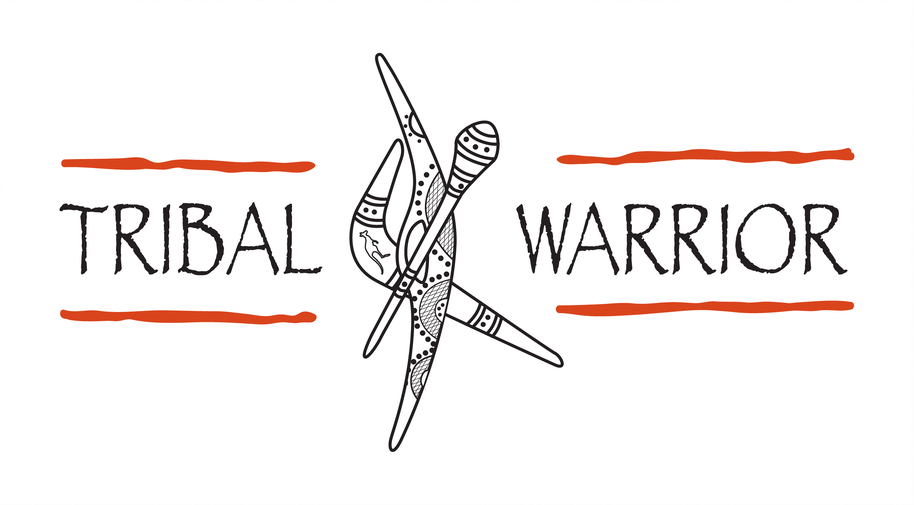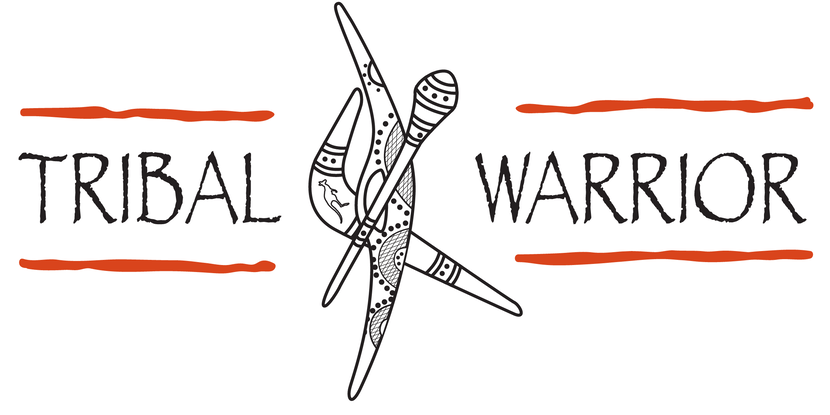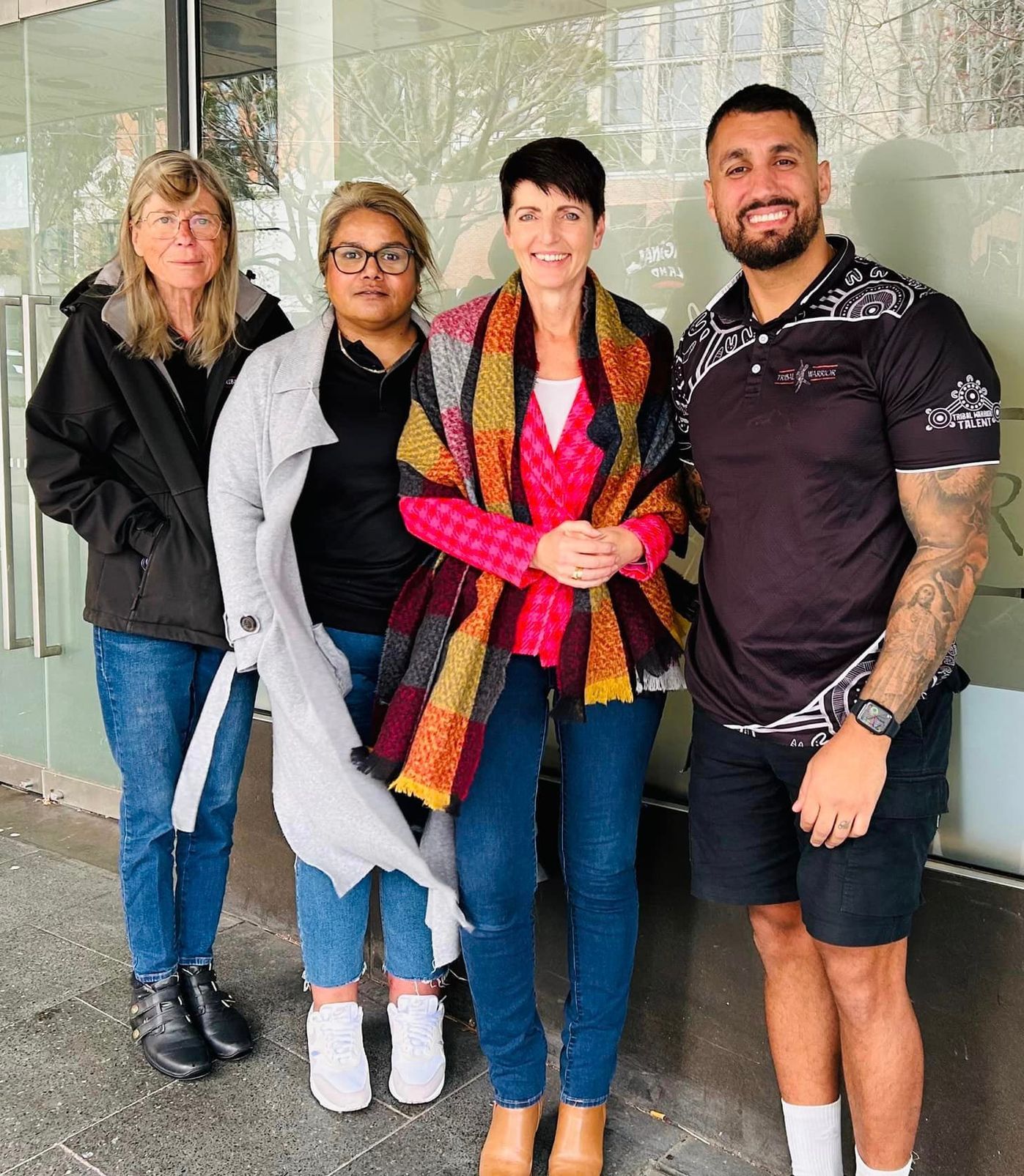Creating more inclusive communities
Bridging the Gap: Corporate Partnerships with First Nations Businesses for Community-Led Empowerment
In recent years, there has been a growing recognition of the importance of fostering partnerships between corporations and First Nations businesses to drive positive social change and empower Indigenous communities. By working together, these entities can leverage their respective strengths to develop community-led solutions that not only promote economic development but also preserve cultural heritage and foster sustainable practices.
Empowering Indigenous communities involves more than just economic development; it requires a holistic approach that and respects cultural values, preserves traditions, and promotes environmental sustainability. Corporations, with their resources and expertise, can play a pivotal role in supporting First Nations businesses to achieve these goals.
Economic Empowerment:
Collaborations between corporations and First Nations businesses leads to economic empowerment by creating job opportunities, fostering entrepreneurship, and promoting skill development within Indigenous communities. Corporate partners can provide financial support, mentorship, and access to markets, allowing Indigenous businesses to thrive in various sectors.
Preservation of Culture:
First Nations businesses often carry the responsibility of preserving cultural heritage. Corporate collaborations can support initiatives that promote and celebrate Indigenous traditions, languages, and arts. This not only helps to strengthen the identity of Indigenous communities to continue cultural practices, but also educates the wider non-Indigenous population about the rich cultural tapestry that exists within the country.
Sustainable Practices:
Indigenous communities have a deep connection to the land and a profound understanding of sustainable practices. By partnering with First Nations businesses, corporations can learn from and integrate these sustainable practices into their operations. This collaboration can lead to more environmentally conscious business strategies and contribute to the global effort to combat climate change.
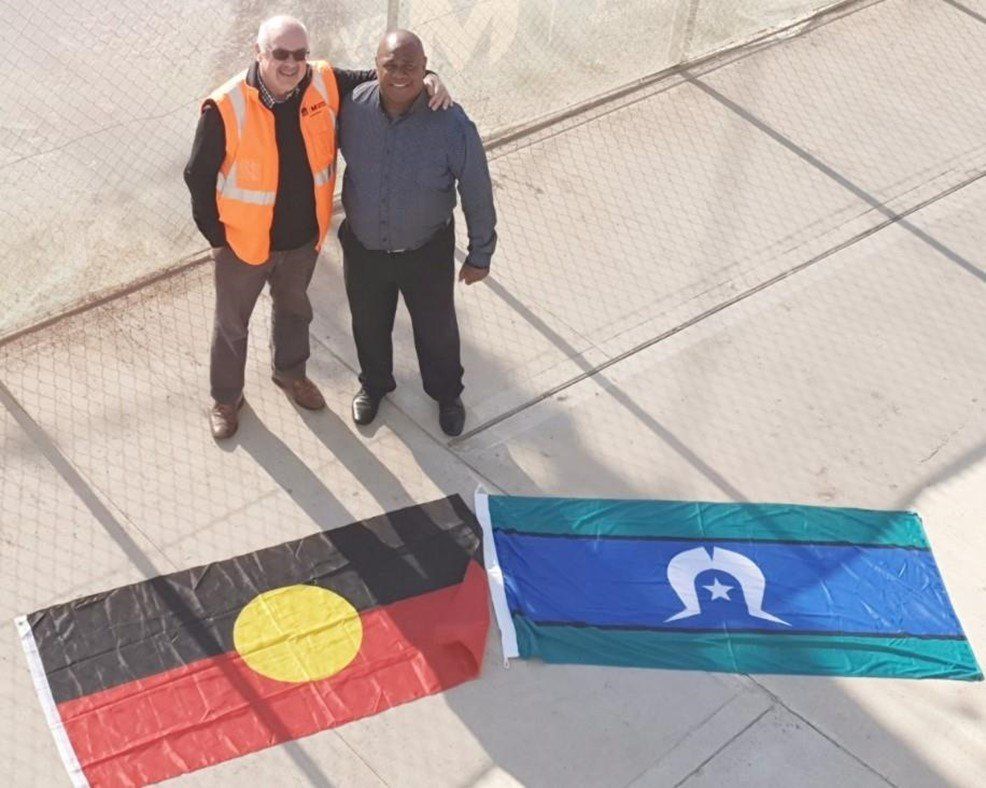
Advancing Equality: The Role of RAPs in Championing Corporate Reconciliation Best Practise
In the pursuit of a more inclusive and equitable society, the importance of collaboration between organisations and First Nations communities cannot be overstated. Reconciliation Action Plans (RAPs) have emerged as powerful tools to facilitate this collaboration, serving as a bridge between corporate entities and Indigenous communities. In this blog post, we will delve into the significance of Reconciliation Action Plans and how they contribute to building meaningful partnerships that prioritise respect, understanding, and shared goals.
Reconciliation Action Plans emphasise the importance of cultural respect and understanding. By incorporating cultural awareness training and diversity & inclusion initiatives, organisations can better appreciate the values, traditions, and histories of First Nations communities. This understanding forms the foundation for meaningful collaboration built on mutual respect.
Community Engagement:
RAPs encourage organisations to actively engage with First Nations communities. This goes beyond token gestures and involves genuine efforts to involve Indigenous voices in decision-making processes. Through dialogue and consultation, organizations can gain insights into community needs and aspirations, ensuring that collaboration is both authentic and impactful.
Economic Empowerment:
Many Reconciliation Action Plans include initiatives aimed at promoting economic empowerment within Indigenous communities. This can involve partnerships with First Nations businesses, supplier diversity programs, and employment opportunities targeted at Indigenous individuals. By creating economic pathways, organisations contribute to the self-determination and sustainability of Indigenous communities.
Corporate Education:
RAPs often include educational components that aim to raise awareness among employees and the wider community about the historical context of Indigenous issues. This education fosters empathy, dispels stereotypes, and contributes to a more informed and compassionate society, laying the groundwork for collaborative efforts that are rooted in understanding.
The collaboration between corporates and First Nations businesses is a powerful avenue for driving positive change and empowering indigenous communities. By working together, these entities can create sustainable solutions that address economic, cultural, and environmental challenges. As we move forward, it is crucial for corporations to approach such partnerships with respect, understanding, and a commitment to long-term collaboration, ensuring that the benefits are shared equitably and that the initiatives are truly community-led. Through these partnerships, we can build a more inclusive and prosperous future for all.
